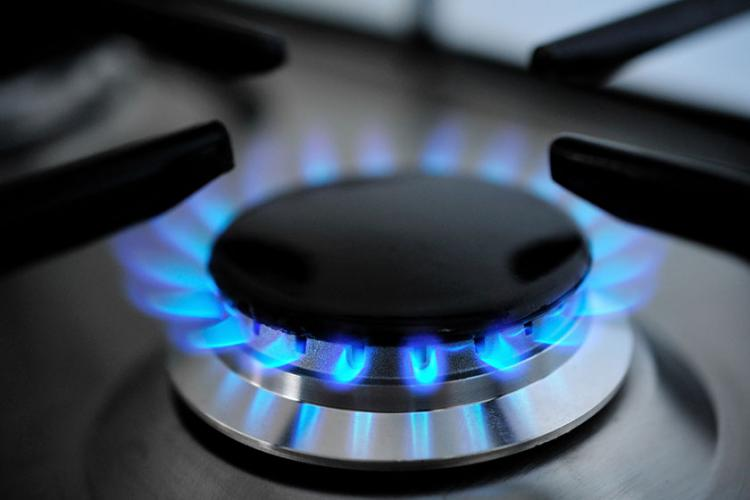Today, cooking gas and gas cookers are found in many homes because they are more cost-effective, and cleaner to use for cooking. Perhaps the biggest problem associated with using gas for cooking at home however is safety. If cooking gas is not carefully handled in the home it could lead to a serious fire disaster.
Here are Top 7 safety tips on how to handle cooking gas in the home:
#1: Develop A Culture of Safety In the Home
You should ensure that there is a general safety culture in the home. Read carefully and adhere strictly to the safety guides and precautions prescribed for all home appliances, especially the gas cooker and cylinder
#2: Keep Your Gas Appliances Well Maintained
Gas appliances should be safety checked and serviced at least once every year, unless otherwise specified by the manufacturer. A thorough service on your boiler and gas supply will include a range of tests and checks to ensure that the appliance is operating safely.
#3: Never Take Any Case of Gas Leak Lightly
At least the slightest hint of the smell of leaking gas, open all the kitchen windows immediately (to ensure better ventilation) and then ensure that the source of the leakage is traced and fixed.
Do not light a match when there is the smell of gas in the air!
#4: Ensure Adequate Ventilation
Store gas cylinders upright in a well-ventilated area that is situated away from open flames, power outlets and electrical appliances. Also, ensure that your kitchen windows are open while using the gas cooker.
#5: Be Careful When Cooking
Do not sit or stand too close to the gas heater or cooker when it is in use, as this can be hazardous or result in gas burns. Ensure that burners not in use are turned off.
#6: Light Your Flame Before You Switch On The Gas.
Ensure that you light your match, cigarette lighter, or any other source of flame or spark first, before you turn on the gas.
#7: Do not shake the gas cylinder
Avoid the temptation to physically shake the gas cylinder in order to find out how much gas there is in it. You run the risk of an explosion if you do.













